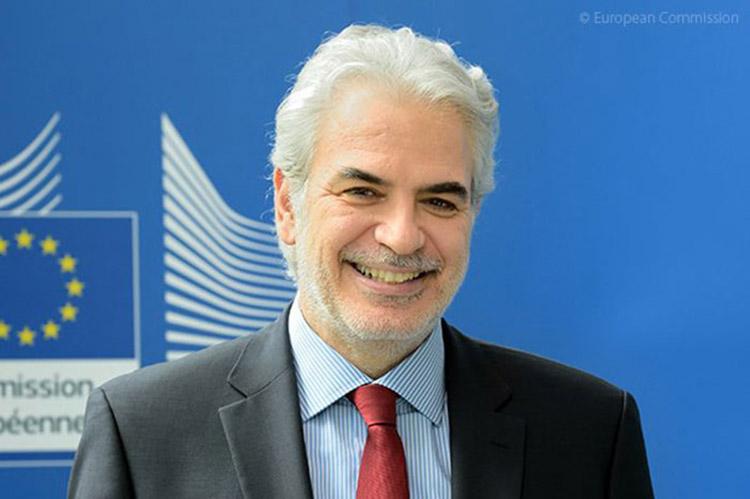European Union brings relief to refugees, migrants and asylum seekers in Montenegro

This EU-funding supports the Montenegro Red Cross (RCM) in delivering relief assistance, including food, water, hygiene kits, clothing, first aid and medical assistance. The humanitarian aid will benefit some 2.000 individuals.
The funding is part of the EU's overall contribution to the Disaster Relief Emergency Fund (DREF) of the International Federation of Red Cross and Red Crescent Societies (IFRC).
In the recent months an increasing number of refugees, migrants and asylum seekers have been transiting via a new 'migration coastal route’. They have been entering from Albania and transiting through Montenegro towards Bosnia & Herzegovina and Croatia. The newly arrived often need food, water, clothing, footwear and basic hygiene kits. They also need medical assistance and emergency first aid. The Red Cross of Montenegro has been helping people in need since several months, mostly in the reception facilities but also in various hubs where the migrants are present.
Background
The European Union and its Member States are the world's leading donor of humanitarian aid. Relief assistance is an expression of European solidarity with people in need all around the world. It aims to save lives, prevent and alleviate human suffering, and safeguard the integrity and human dignity of populations affected by natural disasters and man-made crises. The European Commission ensures rapid and effective delivery of EU relief assistance through its two main instruments: civil protection and humanitarian aid. Through its Civil Protection and Humanitarian aid Operations department (ECHO), the European Commission helps millions of victims of conflict and disasters every year. With headquarters in Brussels and a global network of field offices, the department provides assistance to the most vulnerable people on the basis of humanitarian needs. For more information, please visit the European Commission's website.
The European Commission has signed a €3 million humanitarian delegation agreement with the International Federation of Red Cross and Red Crescent Societies (IFRC) to support the Federation's Disaster Relief Emergency Fund (DREF). Funds from the DREF are mainly allocated to “small-scale” disasters – those that do not give rise to a formal international appeal.
The Disaster Relief Emergency Fund was established in 1985 and is supported by contributions from donors. Each time a National Red Cross or Red Crescent Society needs immediate financial support to respond to a disaster, it can request funds from the DREF. For small-scale disasters, the IFRC allocates grants from the Fund, which can then be replenished by the donors. The delegation agreement between the IFRC and the European Commission enables the latter to replenish the DREF for agreed operations (that fit in with its humanitarian mandate) up to a total of €3 million.
For further information, please contact: Mathias Eick on Mathias.Eick@echofield.eu Tel: +90-5334125663
